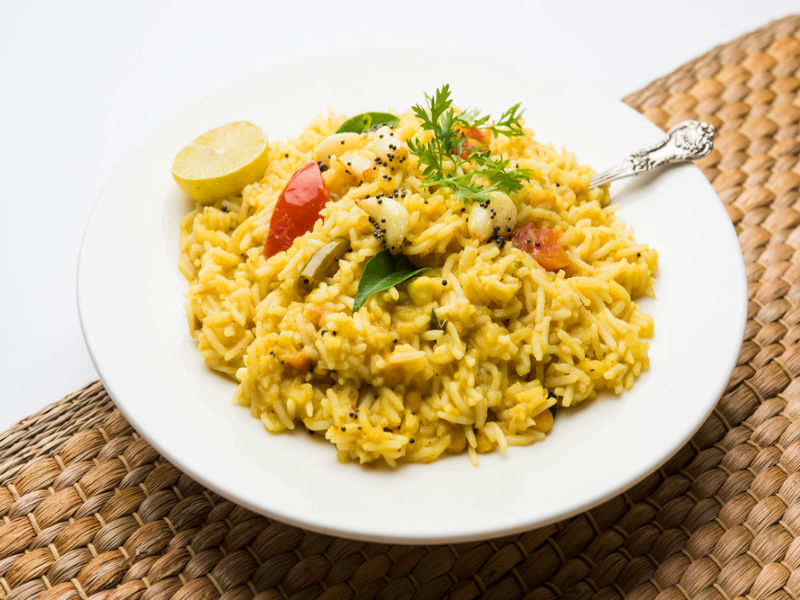Poser before Calcutta HC: Mom’s quality of life or foetus’s right to life
TNN | Updated: Jan 29, 2019, 06:47 IST File photo of Calcutta high court.
File photo of Calcutta high court.KOLKATA: A 39-year-old woman’s plea for abortion of her 26-week foetus, even after an SSKM Hospital medical board’s advice against it, has put the Calcutta High Court in a situation without precedent in its 157-year-old history.

The court on Monday sought specific details from the hospital’s medical board on the woman’s condition after her lawyers insisted that she be allowed to go in for an abortion. She would be financially unable to raise an ailing child — her second — and it would take lifelong physical and mental toll on her as well as the child’s well-being, her lawyers, Kallol Basu and Preetha Bhowmik, told the court. The plea came three days after the medical board said the child would be born alive — though with mental and physical ailments — and advised against abortion.
The petitioner’s lawyers also mentioned the ailments, including Down syndrome, doctors had predicted for the unborn child. “A foetus is an unborn human being and, hence, aborting it at 26 weeks cannot be construed as infanticide. A woman’s right to reproductive health is inalienable from her right to life,” Basu argued.
The SSKM medical board had informed the court that the child would be “born alive” and would survive with advanced neo-natal care.
‘SSKM report incomplete’
The report also said the foetus had tested affirmative for Down syndrome and stressed that the other ailments — a congenital defect in the alimentary canal and cardiac problems — would need surgery; but it was not possible to predict with any accurancy the “consequences” of these medical procedures.
Basu argued that the medical report was incomplete and was not specific. In a 2017 case, he said, a seven-member SSKM medical board had submitted a much more detailed report after a 26-week-pregnant woman went to the Supreme Court with a plea for medical termination of pregnancy. The apex court allowed the mother to abort her foetus after going through the “specific consequences of the abortion” on both mother and the yet-unborn child.
But additional advocate-general Abhratosh Majumdar cited the SSKM report and told the HC that abortion at this stage could pose a “risk”; the situation would have been different had the petitioners approached the court a few weeks earlier. The HC will hear the case again on Tuesday.
Delhi-based Supreme Court lawyer Sneha Mukherjee, who argued the 2017 case, told TOI that it was never “a question of the foetus’s life and death” when the court disposed of the matter. “The mother and unborn child’s quality of life was always of paramount importance,” she added.

The court on Monday sought specific details from the hospital’s medical board on the woman’s condition after her lawyers insisted that she be allowed to go in for an abortion. She would be financially unable to raise an ailing child — her second — and it would take lifelong physical and mental toll on her as well as the child’s well-being, her lawyers, Kallol Basu and Preetha Bhowmik, told the court. The plea came three days after the medical board said the child would be born alive — though with mental and physical ailments — and advised against abortion.
The petitioner’s lawyers also mentioned the ailments, including Down syndrome, doctors had predicted for the unborn child. “A foetus is an unborn human being and, hence, aborting it at 26 weeks cannot be construed as infanticide. A woman’s right to reproductive health is inalienable from her right to life,” Basu argued.
The SSKM medical board had informed the court that the child would be “born alive” and would survive with advanced neo-natal care.
‘SSKM report incomplete’
The report also said the foetus had tested affirmative for Down syndrome and stressed that the other ailments — a congenital defect in the alimentary canal and cardiac problems — would need surgery; but it was not possible to predict with any accurancy the “consequences” of these medical procedures.
Basu argued that the medical report was incomplete and was not specific. In a 2017 case, he said, a seven-member SSKM medical board had submitted a much more detailed report after a 26-week-pregnant woman went to the Supreme Court with a plea for medical termination of pregnancy. The apex court allowed the mother to abort her foetus after going through the “specific consequences of the abortion” on both mother and the yet-unborn child.
But additional advocate-general Abhratosh Majumdar cited the SSKM report and told the HC that abortion at this stage could pose a “risk”; the situation would have been different had the petitioners approached the court a few weeks earlier. The HC will hear the case again on Tuesday.
Delhi-based Supreme Court lawyer Sneha Mukherjee, who argued the 2017 case, told TOI that it was never “a question of the foetus’s life and death” when the court disposed of the matter. “The mother and unborn child’s quality of life was always of paramount importance,” she added.




































All Comments ()+^ Back to Top
Refrain from posting comments that are obscene, defamatory or inflammatory, and do not indulge in personal attacks, name calling or inciting hatred against any community. Help us delete comments that do not follow these guidelines by marking them offensive. Let's work together to keep the conversation civil.
HIDE